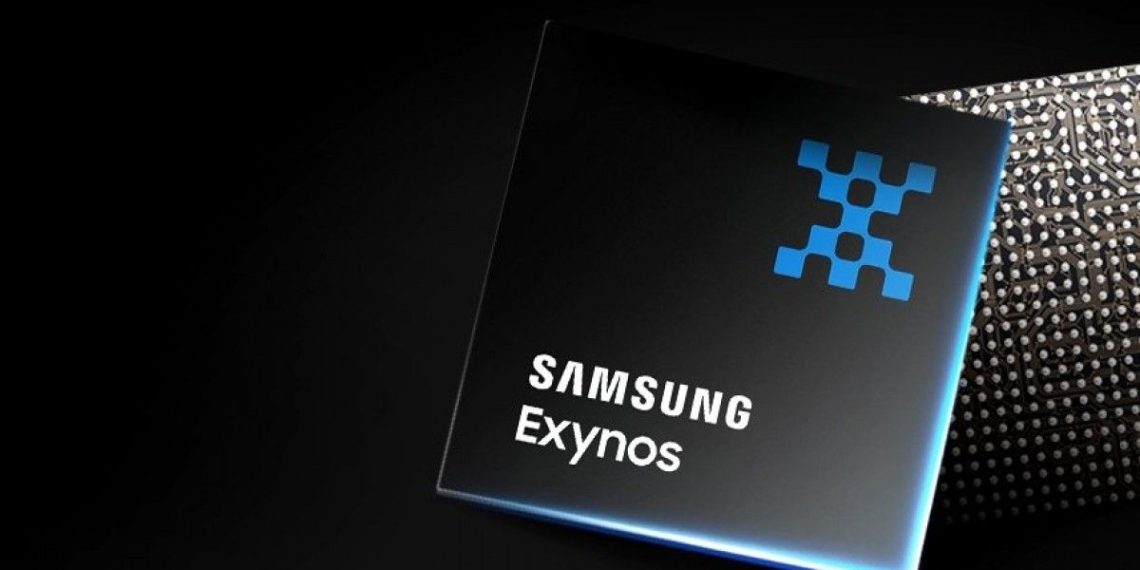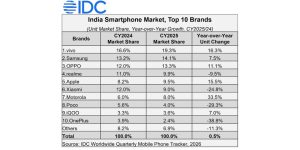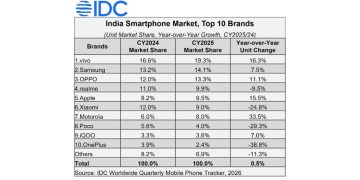The latest rumors and leaks suggest that Samsung’s upcoming Exynos 2400 SoC (System on a Chip) is set to outperform its competitors and take the lead in the mobile processor market. Specifically, it is expected to outperform Apple’s A16 BIONIC and Qualcomm’s Snapdragon 8 GEN 2, which are currently the top-performing mobile processors.
The 10-core CPU cluster of the Samsung Exynos 2400 has been the focus of much discussion, but until recently, there was little information about how it would compare to its competitors. However, according to the latest rumors, the Exynos 2400 is set to offer a significant performance boost, particularly in the multi-core section, and will be 30% faster than Apple’s A16 Bionic.
Geekbench 5 Scores Revealed
Recently, leaked Geekbench 5 scores have shed some light on the performance of the Exynos 2400 compared to its competitors. According to @OreXda’s tweet, the Exynos 2400’s single-core and multi-core Geekbench 5 scores are 1711 and 6967, respectively. In comparison, the average single-core and multi-core scores are 6210 and 1530, respectively.
While it’s important to note that a single benchmark result doesn’t tell the whole story, the leaked scores do suggest that the Exynos 2400 is set to compete with the likes of Apple’s A17 and Qualcomm’s Snapdragon 8 GEN 3 in terms of performance.
Impressive Improvements from Exynos 2200
To put the Exynos 2400’s scores into perspective, it’s worth comparing them to its predecessor, the Exynos 2200. The Exynos 2200’s single-core and multi-core execution scores were 1109 and 3534, respectively. The Exynos 2400’s scores represent a significant improvement, particularly in the multi-core execution, where the Exynos 2400 has taken a huge leap forward.
The New Leader in Mobile Processing
In summary, the leaked Geekbench 5 scores suggest that Samsung’s Exynos 2400 is set to take the lead in the mobile processor market. It is expected to be 31% faster than the Snapdragon 8 GEN 2, which is currently used in high-end smartphones, and significantly faster than Apple’s A16 Bionic. However, it’s important to keep in mind that benchmark results don’t always tell the whole story, and we’ll have to wait for real-world testing to see how the Exynos 2400 stacks up against its competitors.













































































































































































